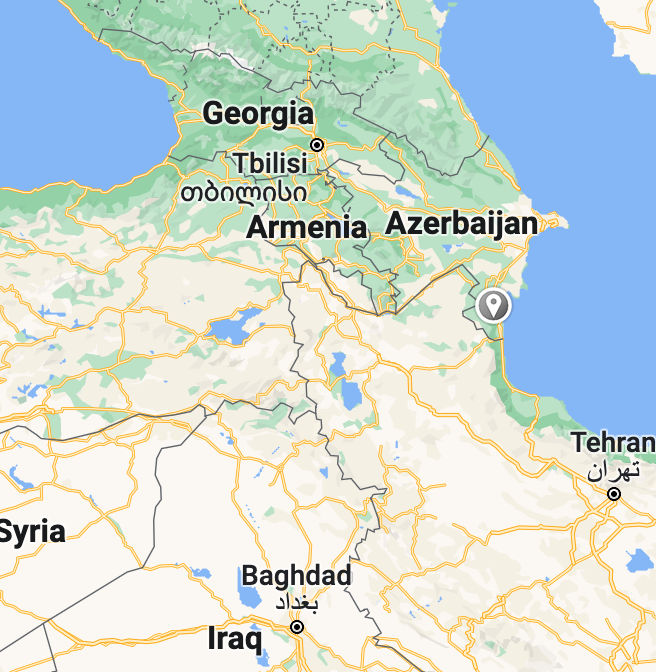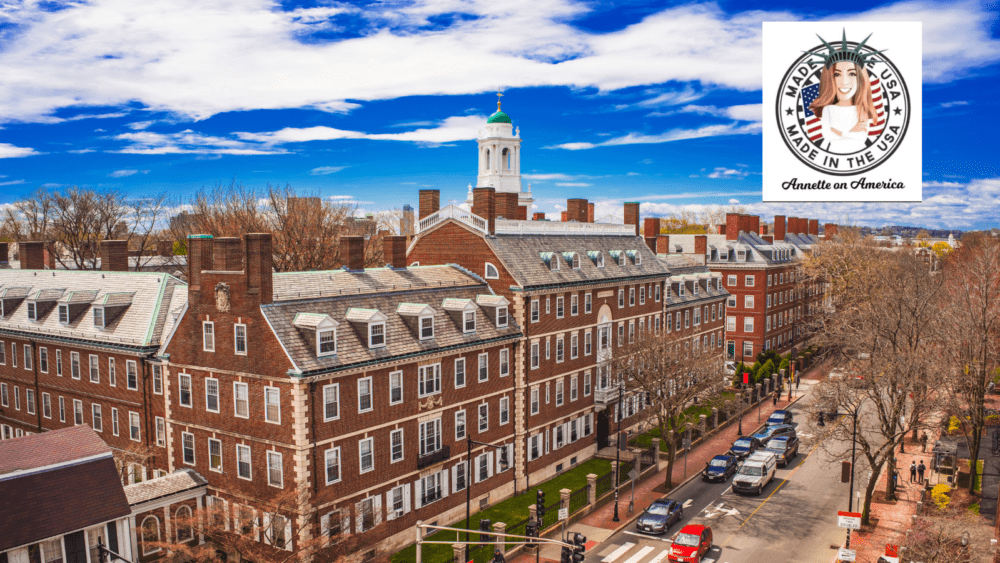In the country of Georgia, Parliament is considering a bill that would require NGOs that get over 20 percent of their funding from abroad to register as foreign agents. The bill passed today, over a threatened presidential veto. There were protests on the streets. And lo, a top Color Revolutionary herself weighed in last week:
Georgia’s proposed foreign agent laws gravely threaten Georgia’s Euro-Atlantic future and the ability of Georgians to fulfill their own economic, social, and other aspirations. I call upon the Georgian Parliament to drop these proposed laws.
— Samantha Power (@PowerUSAID) March 2, 2023
If you follow the link to the news story, you’ll see that the Georgian president opposes the bill because it would hurt European integration. But what business is it of Europe or the US as to whether or not Georgia wants to regulate the activities of foreign-funded NGOs in its own sovereign territory? This bill might not be wise — I don’t know enough about the details to say — but it’s not at all surprising that countries see how Washington and Brussels use soft power through NGOs to manipulate the political processes in those countries, and want to protect themselves from it. I wrote at TAC the other day about how the aptly named Power showed up in Budapest last month to announce a $20 million commitment to fund initiatives in Hungary clearly aimed at undermining the democratically elected government of Viktor Orban.
The US Embassy in Georgia called the legislation “Kremlin-inspired” and said it was incompatible with the country’s desire to join the European Union. “Today is a dark day for Georgia’s democracy,” the embassy said in a statement, adding that the legislation raised questions about “the ruling party’s commitment to Euro-Atlantic integration”.
US State Department spokesman Ned Price said the draft legislation would be a tremendous setback and “would strike at some of the very rights that are central to the aspirations of the people of Georgia”, BBC reported.
European Union foreign policy chief Josep Borrell said the draft law was a “very bad development” for the country and could seriously affect its ties with the EU.
Human Rights Watch and Amnesty International have said the legislation would impede rights to freedom of expression and association in the country with onerous financial reporting requirements.
“The ‘foreign agent’ bills seek to marginalize and discredit independent, foreign-funded groups and media that serve the wider public interest in Georgia,” said Hugh Williamson, Europe and Central Asia director at Human Rights Watch.
Who defines “the wider public interest in Georgia”? The bill is backed by the majority party in the Georgian parliament, which has enough support to override a presidential veto. Who is more representative of the “wider public interest” there: lawmakers democratically elected by the public, or foreign governments and NGOs? These people think they have the right to go into a country and work to undermine its democratically elected governments, its laws, and its cultural traditions — and anybody who tries to stop it is a stooge of Putin. Are we looking at the beginning of a Second Rose Revolution?
Here is a map of the region. Notice where Georgia is — on the far right, below Russia:
Georgia wants to join the EU and NATO. The new proposed law would make that more difficult, it is claimed by the US and EU, who want Georgia to join the EU and NATO. I have no strong opinion about Georgia and the EU, except to warn the devoutly Orthodox Christian nation — one that I am very eager to visit as a religious pilgrim — that Brussels will try to eradicate laws and policies based on Christian faith convictions. (Ask Hungarians and Poles about LGBT and family matters.)
As for NATO, one certainly sympathizes with Georgia’s fear of Russian imperialist power, but how can it possibly be a vital national security interest of the United States to be committed to fighting World War III on behalf of a Caucasus nation whose capital, Tbilisi, is slightly farther east than — wait for it — Baghdad?

(Readers, this is one of six items on today’s edition of Rod Dreher’s Diary. As you know, Friday is the final day this blog will appear at TAC. If you’d like to keep up with my news, analysis, commentary, and such, as well as participate in a smart and diverse comments section, please subscribe for $5/month or $50/year.)
The post Georgia: Whose Country Is It Anyway? appeared first on The American Conservative.









